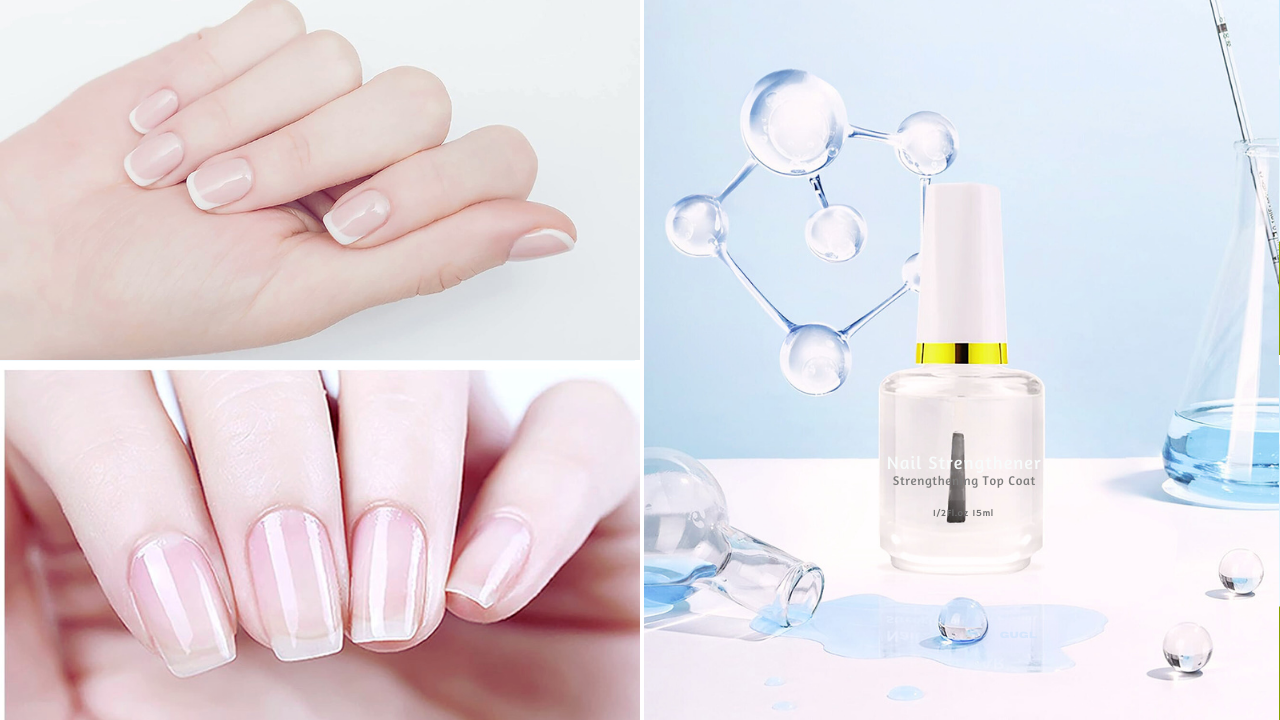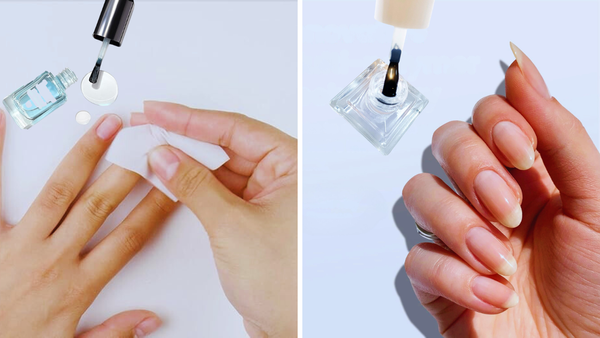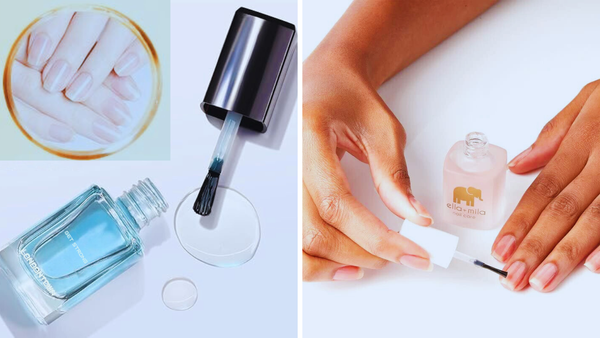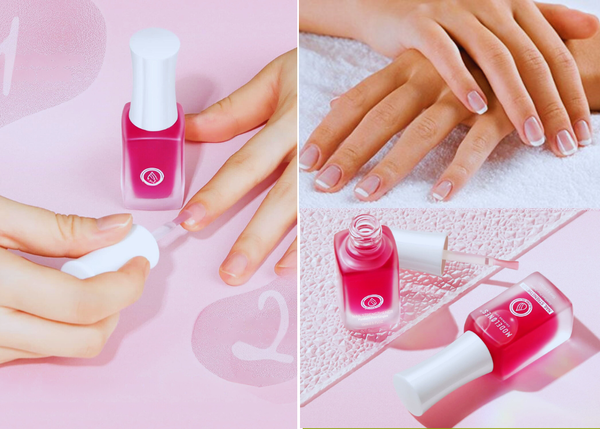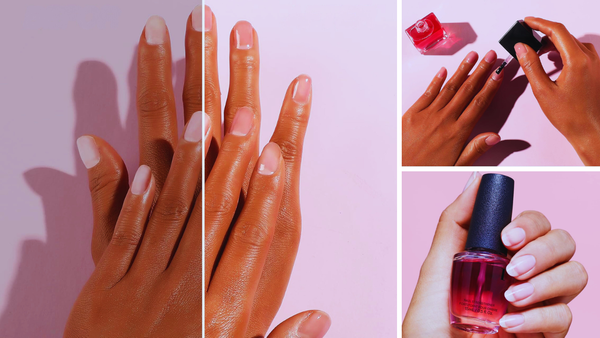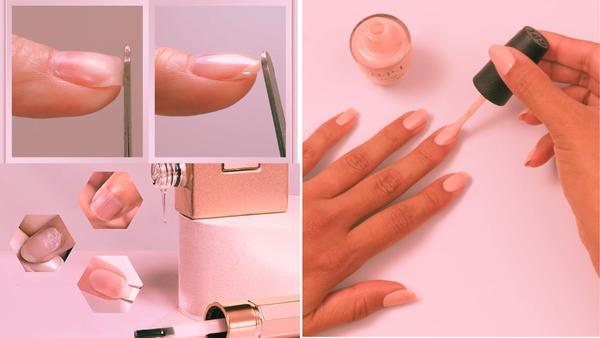Key Takeaways:
- Strengthening nail polishes contain ingredients that can reinforce the nail plate, making nails less prone to breakage.
- Consistent use and proper application are key to seeing results from nail strengtheners.
- A holistic approach, including diet and nail care habits, complements the effectiveness of strengthening nail polishes.
Nail care is an essential part of many people's beauty routines, and the quest for strong, healthy nails is ongoing. With a plethora of nail care products on the market, one question often arises: does strengthening nail polish actually work? In this article, we'll delve into the science behind nail strengtheners, their ingredients, and how they can contribute to nail health.
The Science Behind Nail Strengtheners
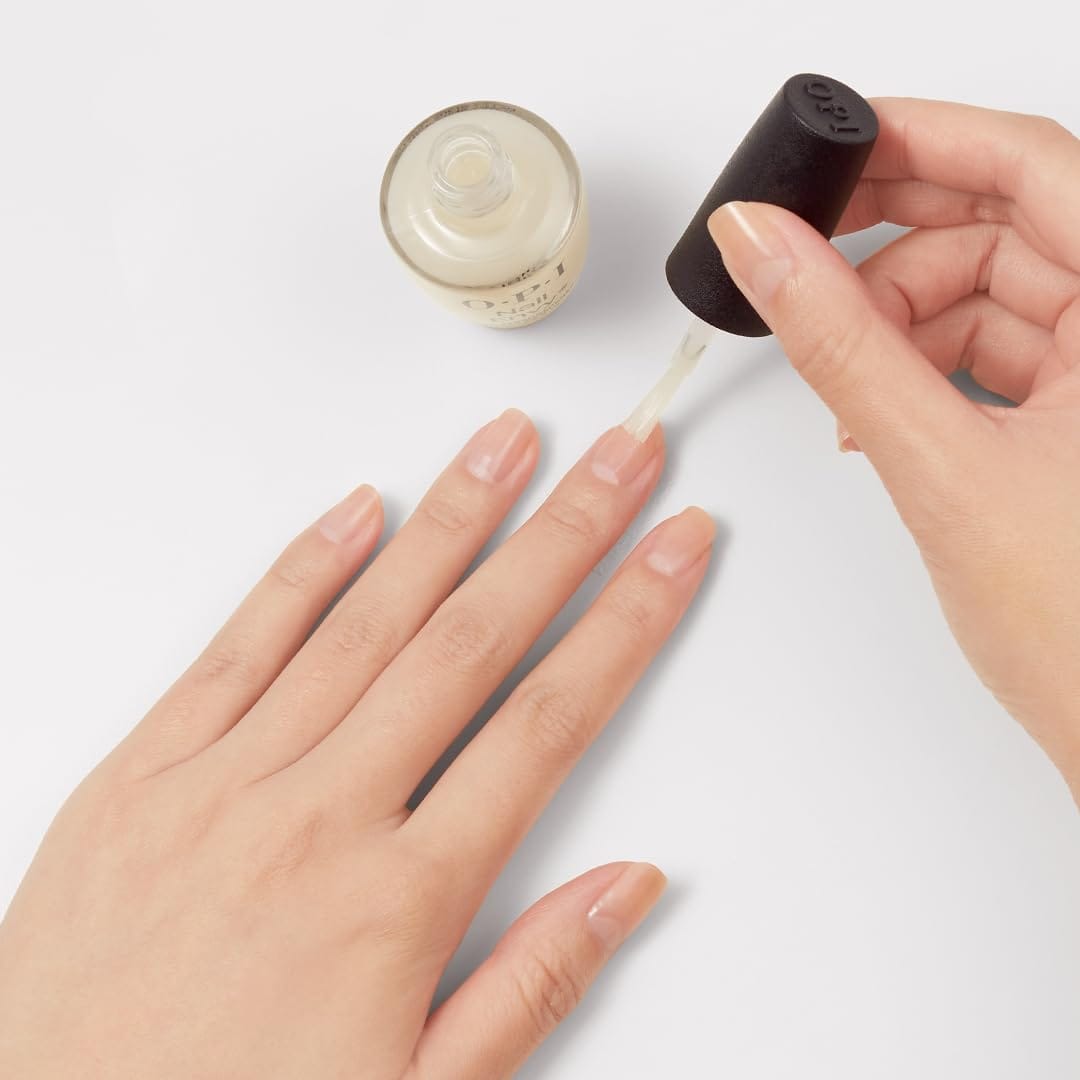
Nail strengtheners are specially formulated polishes designed to reinforce and protect the nails. They often contain nourishing ingredients like keratin, calcium, and vitamins, which fortify the nail plate. When applied, these polishes create a protective layer that can help prevent peeling, splitting, and breaking. However, it's important to note that not all nail strengtheners are created equal, and their efficacy can vary based on the brand and formulation.
Ingredients That Make a Difference
The effectiveness of a nail strengthener largely depends on its ingredients. Keratin, a protein found in nails, hair, and skin, is a common component that helps to bond the layers of the nail together, making them more resistant to damage. Calcium is another ingredient that can help to harden the nail, while vitamins like biotin promote overall nail health and growth. When these ingredients are combined in a nail strengthener, they can work wonders for brittle and weak nails.
Application Matters

For nail strengtheners to work effectively, proper application is crucial. It's recommended to start with clean, dry nails and apply the strengthener as a base coat before painting your nails. Some strengtheners can be used alone or with a top coat for protection. Regular application, typically once a week, can help maintain the strength of the nails and prevent future damage.
Consistency is Key
Like with any beauty treatment, consistency is vital when using nail strengtheners. Applying the product in just a few days and expecting miraculous results is unrealistic. To truly strengthen nails, one must use the nail hardener regularly over several weeks. This consistent care allows the nourishing ingredients to penetrate the nail bed and work their magic over time.
The Impact of Nail Polish Removers on Nail Strength
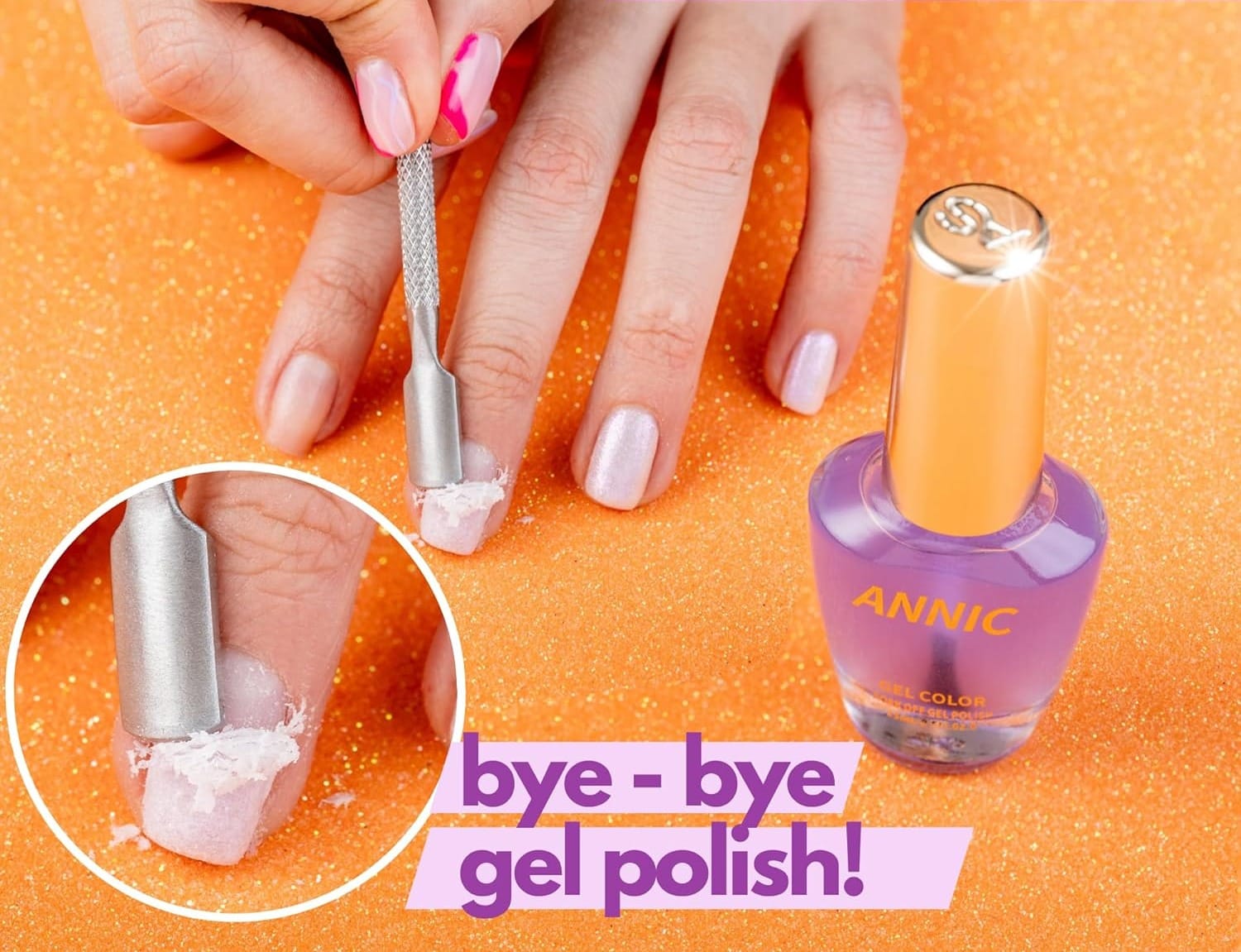
When discussing whether strengthening nail polish works, it's crucial to consider the role of nail polish removers. Frequent use of harsh removers can lead to brittle nails, weakening the nail plate and exacerbating issues like peeling nails and breakage. Many removers contain acetone, which, while effective at dissolving polish, can strip the nails of moisture and natural oils, leaving them dry and fragile. To counteract this, look for acetone-free formulas or those infused with nourishing ingredients like vitamins and oils that can help protect and strengthen nails during the polish removal.
Conversely, some removers go a step further by incorporating nail strengtheners directly into their formulas. These products promise to not only remove polish but also to condition the nails, making them feel stronger and more resistant to damage. When using these removers, your nails appear less prone to chipping and breaking even before you apply a strengthening base coat. It's a subtle yet effective way to boost nail health, especially for those who frequently change their manicures and require a remover that won't undo the hardening work of their nail care routine.
Exploring the Role of Keratin in Nail Strength
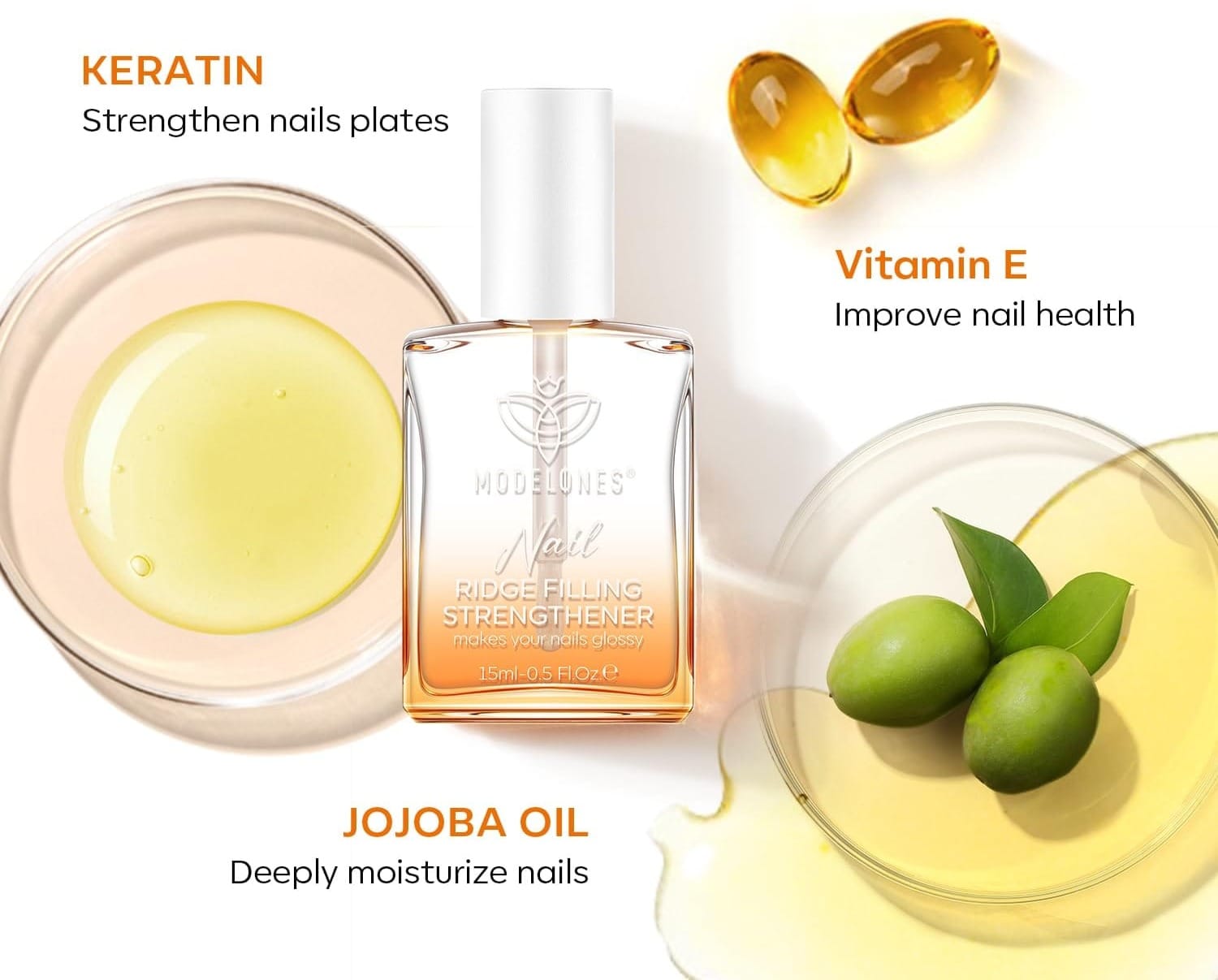
Keratin is the structural building block of our nails, much like it is for our hair and skin. When we talk about strengthening nail polish, we're often referring to products that claim to enhance the keratin bonds within the nail plate. These polishes may contain nourishing ingredients that aim to penetrate the nail bed, reinforcing the natural nail structure. For those with brittle nails prone to breaking or peeling, a keratin-enriched nail strengthener could be a game-changer, providing the extra support your nails need to resist daily wear and tear.
However, it's not just about slapping on a coat of polish and expecting miracles. For keratin-based nail strengtheners to work effectively, they must be applied consistently as part of a broader nail care routine. This means using a base coat to protect the nail bed from staining and potential irritation, followed by the strengthening polish. Over a few weeks, you may notice your nails feel harder and less likely to chip or break. It's this consistent application that allows the keratin to build up and fortify the nails, making them stronger and more resistant to damage.
The Synergy Between Nail Strengtheners and Moisture Balance
Maintaining the right moisture balance is crucial for nail health. Too much moisture can lead to soft, weak nails, while too little can cause them to become brittle and prone to breakage. Nail strengtheners often contain ingredients that help seal in moisture, creating a barrier that protects the nail from excessive water exposure, which can weaken the nail structure over time. Ingredients like hyaluronic acid or glycerin are common in these formulas, and they work wonders in keeping the nail bed hydrated.
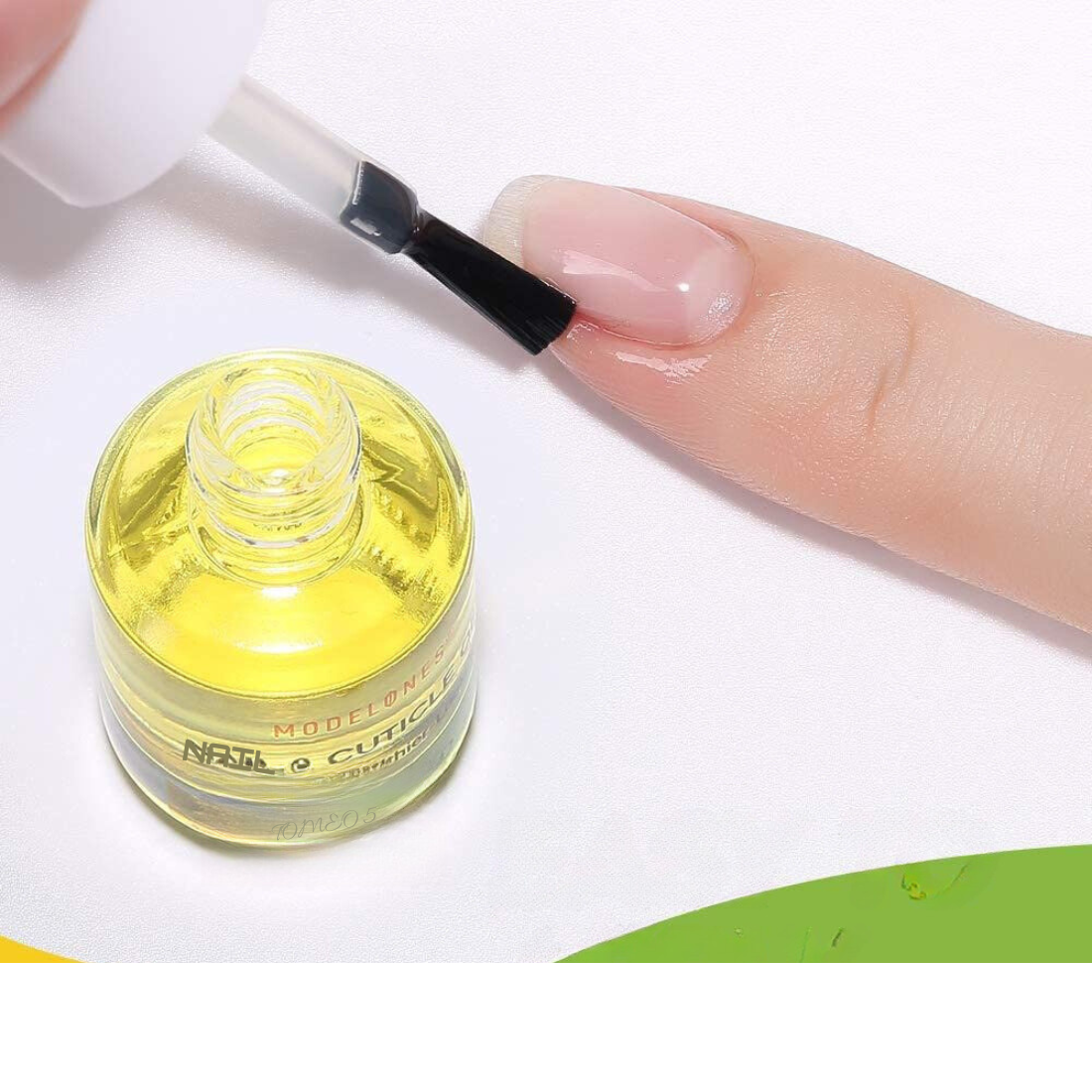
On the flip side, it's important to avoid overexposure to harsh chemicals that can strip nails of their natural oils. Frequent use of nail polish removers, especially those containing acetone, can lead to dry, damaged nails. To counteract this, regular cuticle oil can help replenish lost moisture and nourish the nails and cuticles. Combined with a quality nail strengthener, this practice can significantly improve the resilience of your nails, making them less likely to peel or break even if you enjoy wearing polish regularly.
The Synergy Between Nail Hardeners and Cuticle Care
In the quest for stronger nails, the synergy between nail hardeners and cuticle care cannot be overlooked. Nail hardeners are designed to reinforce the nail plate, often containing ingredients like keratin or calcium that bond with the natural nail to create a harder, more resistant surface. However, for the nail hardener to work effectively, the health of the nail bed and cuticles is paramount. Moisturized and well-maintained cuticles can prevent irritation and infection, which can otherwise compromise nail strength and growth.
Integrating cuticle oil into your nail care regimen can work wonders alongside your nail hardener. By regularly applying cuticle oil, you provide essential moisture and nutrients that keep the cuticles soft and pliable, reducing the risk of hangnails and tears. This practice not only promotes a healthy foundation for nail growth but also ensures that damaged nails or rough cuticles do not undermine the benefits of nail hardeners. Remember, a well-rounded approach to nail care is often the most effective strategy for achieving and maintaining strong, healthy nails.
Beyond the Bottle: Nail Care Habits
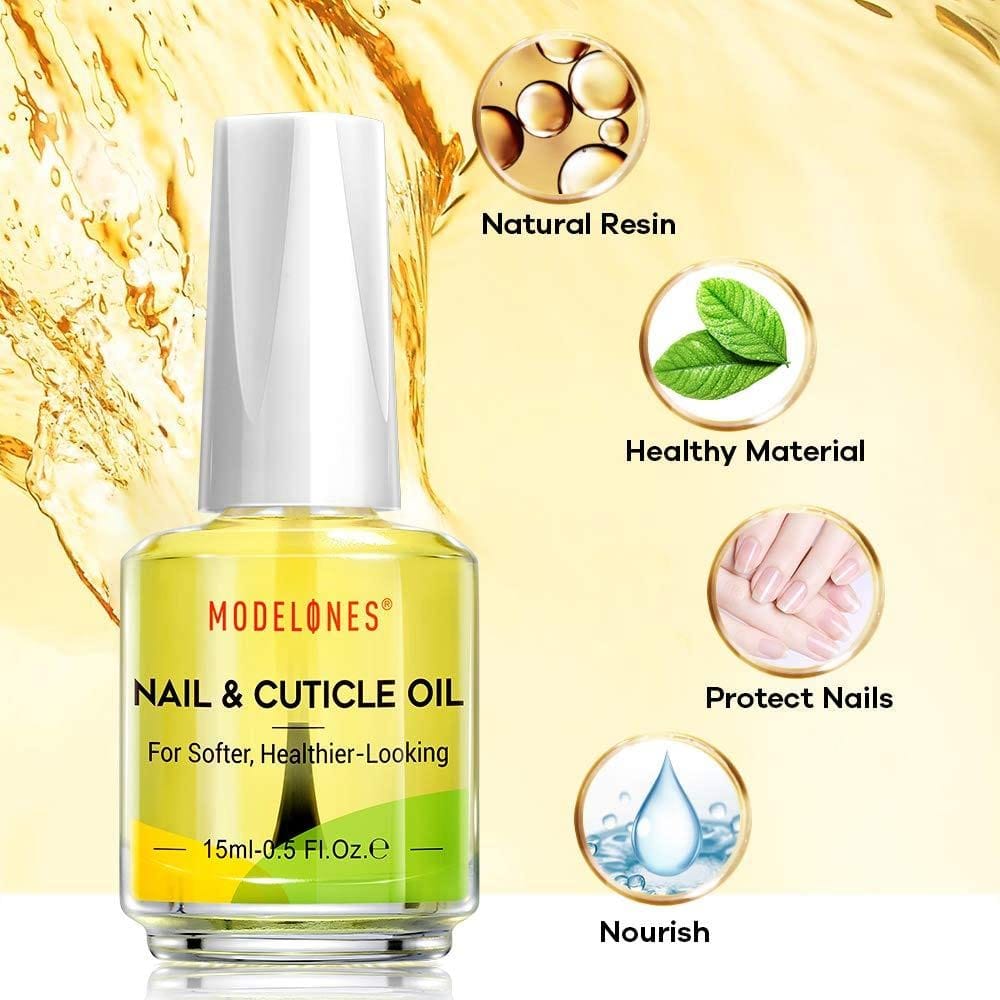
While nail strengtheners can certainly contribute to nail health, they are not a cure-all solution. Good nail care habits are equally important. This includes avoiding excessive exposure to water and harsh chemicals, wearing gloves when cleaning, and keeping nails properly trimmed. Additionally, using cuticle oil can help moisturize the nail bed and prevent dryness, which can lead to brittleness and breakage.
The Role of Diet in Nail Health
A well-balanced diet rich in vitamins and minerals can also play a significant role in nail strength. Foods high in biotin, such as eggs, nuts, and legumes, can support nail growth and strength. Similarly, staying hydrated by drinking plenty of water can help maintain the moisture balance in the nails, making them less prone to chipping and peeling.
When to Be Cautious
While nail strengtheners can be beneficial, it's important to be aware of potential irritants. Some formulas contain formaldehyde, which can cause irritation or allergic reactions in some individuals. If you notice any redness, pain, or discomfort after using a nail strengthener, discontinue use and consult a healthcare professional.
Gel Polish vs. Traditional Nail Strengtheners
Gel polish is often marketed as a durable alternative to regular nail polish, but does it strengthen nails? While gel polish can provide a hard, protective layer, it's not specifically formulated to nourish and reinforce the nail like traditional nail strengtheners. Moreover, the removal process of gel polish can be harsh and potentially damaging to the nail plate.
The Verdict on Strengthening Nail Polish
So, does strengthening nail polish work? The answer is yes but with a caveat. These polishes can help make nails stronger and more resistant to breakage, but they are not a standalone solution. A comprehensive approach that includes proper application, consistent use, good nail care habits, and a healthy diet will yield the best results.
Summary
Strengthening nail polishes can be an effective tool in the battle against brittle and damaged nails. They contain ingredients that reinforce the nail structure and promote health. However, their success is not solely dependent on the product itself; consistent application, good nail care practices, and a nutritious diet are all part of the equation for achieving strong, resilient nails.
FAQ Section
How often should I apply a nail strengthener?
For best results, apply nail strengthener once a week as part of your regular nail care routine. Follow the instructions on the product for specific application guidelines.
Can I use a nail strengthener with colored polish?
Yes, most nail strengtheners can be used as a base coat under colored polish. This can provide extra protection and strength to the nails while you enjoy your manicure.
Are there any side effects to using nail strengtheners?
Some individuals may experience irritation or allergic reactions to certain ingredients in nail strengtheners, such as formaldehyde. If you notice any adverse effects, stop using the product and consult a healthcare professional.
